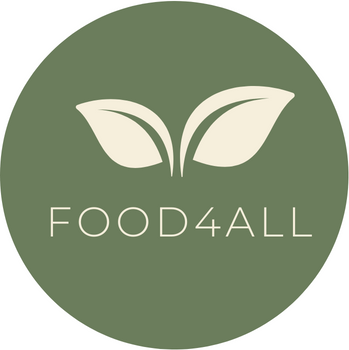The importance
The FOOD4ALL project represents a groundbreaking idea with the potential to revolutionize not only the participating countries but also the entire European landscape. It strives to foster agricultural education among primary and secondary school students and educators, with the ultimate goal of increasing awareness regarding the needs and opportunities within the agriculture sector. By doing so, it aims to attract more students to pursue agricultural studies at universities, thus contributing to the economic development of each country by promoting various professional roles within the agricultural sector.
In the midst of the ongoing pandemic, the agriculture sector has proven to be one of the few resilient industries. Nevertheless, agriculture remains unappealing to many young individuals as they complete their compulsory education. A significant number of students opt for disciplines such as information technology, medicine, and others, often neglecting agriculture due to a lack of information about the promising career prospects it offers. Unfortunately, agriculture is often perceived as traditional farming, and there is a significant knowledge gap when it comes to the diverse career opportunities within the field.

Our aim
The FOOD4ALL project aims to address several critical needs, including:
Raising awareness about the general importance of agriculture and integrating it into the classroom curriculum.
Enhancing the knowledge and expertise of school educators in agriculture-related topics.
Encouraging networking and collaboration among school educators, agricultural stakeholders, and farmers.
Introducing digitalization into school education by developing innovative, interactive digital training materials for both educators and students.
Implementing innovative changes in school curricula to better incorporate agricultural education.
Promoting agricultural careers among students to contribute to the workforce in this sector and ultimately bolster the economy.
As a result, FOOD4ALL aims to introduce agricultural education into compulsory elementary and high school curricula, primarily targeting students aged 8 to 18. This age range has been selected based on the variations in the school systems across the consortium countries. For example, in Greece, education is divided into three stages: a 2-year primary school, a 6-year elementary school, and secondary school (comprising high school and lyceum). In Italy, students attend 3 years of primary school, 5 years of secondary school, and then 4 years of high school. In the Netherlands, primary school consists of 9 years, followed by 4 years in high school. In Cyprus, students complete 6 years of primary school before enrolling in high school. Therefore, our target audience includes students who are already engaged in science education during their regular classes and school educators.
